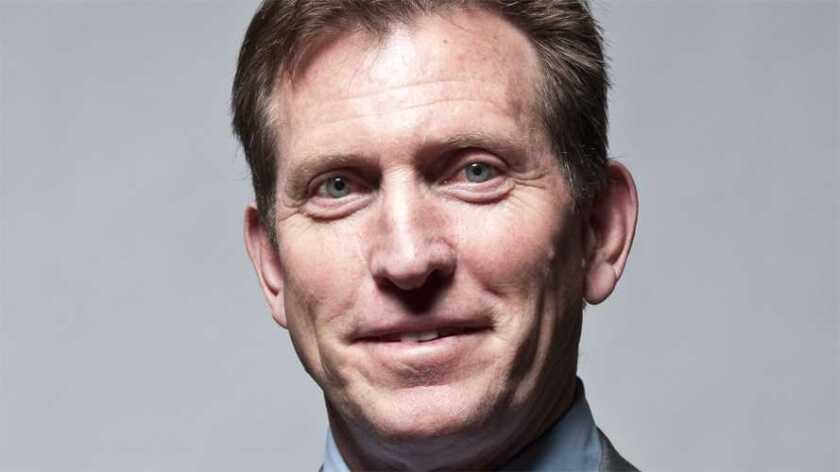The second phase of its deployment will bring its total number of connected premises to two million across 26 towns and cities.
CityFibre announced in March that it had upgraded the target of its UK fibre roll-out with Vodafone to one million homes.
Its £2.5 billion investment plan to bring competitive full fibre infrastructure to at least five million homes, more than 20% of the UK market, is part of a larger government plan to connect the UK to fibre broadband.
In a report carried out for CityFibre in 2018, economic consultancy Regeneris found that the impact of connecting 100 UK towns and cities to full fibre could be as much as £16.3 billion. It also found that the roll-out could create more than 115,000 indirect jobs.
“CityFibre’s sole purpose is to deliver the future-proof digital infrastructure the UK deserves,” commented CityFibre CEO Greg Mesch (pictured).“With a new prime minister set to increase government’s ambitions for the pace of full fibre rollout, we are delighted to welcome another 14 towns and cities to our Gigabit City Club.
“These Gigabit Cities will not only gain new full fibre networks that will spark their digital transformation, but also unleash the benefits that only competitive infrastructure investment can bring.”
The UK’s next prime minster – expected to be appointed next week – will be responsible for fulfilling a pledge made by government last year that aims to deliver ultrafast gigabit-capable broadband ISP connections to 10 million UK premises by 2022. This will be followed by a further 15 million premises by 2025 and nationwide coverage by 2033.
CityFibre is currently focused on connecting the towns of Batley, Bradford, Derby, Dewsbury, Doncaster, Inverness, Ipswich, Leicester, Lowestoft, Newcastle-upon-Tyne, Rotherham, Slough, Swindon and Worthing (shown on the map below).

“Construction is now underway in 10 of those cities, and in five of them gigabit-capable broadband services are live and on sale to customers,” said CityFibre in its announcement.
It will work closely with each local authority to facilitate and accelerate the rollouts and to determine the sequence of towns and cities deployed.
CityFibre has started network design and is investing in each location, extending its existing full fibre spine infrastructure serving schools, hospitals and council offices, “to reach nearly every home and business”.
The digital infrastructure of each Gigabit City will include “enough fibre capacity to serve the bandwidth demands of all market verticals far into the future”, according to CityFibre, which is designing its networks to be ready for 5G and smart cities through small cell densification.
EE was the first mobile network operator to launch 5G in the UK on May 30. It was then followed by Vodafone, which switched on its 5G network in seven cities across the UK in July.
Regeneris’s report on CityFibre found that over 3,250 construction jobs will be created as a result of its fibre deployment.
“Our rollout to five million homes is gathering momentum,” added Mesch. “We have now confirmed 26 locations and over two million homes in our programme. We are investing, we are building, and we are connecting customers to networks of the future.”
CityFibre’s previously announced Gigabit City Projects include the towns and cities of Milton Keynes, Peterborough, Aberdeen, Edinburgh, Coventry, Stirling, Huddersfield, Leeds, Cambridge, Southend, Bournemouth and Northampton.
UK regulator Ofcom recently found that Openreach, the BT subsidiary that runs last-mile copper and fibre in the UK, was “good but try harder” in an assessment after it achieved a modest increase in its target for full-fibre connections.





